Rajrishi Village
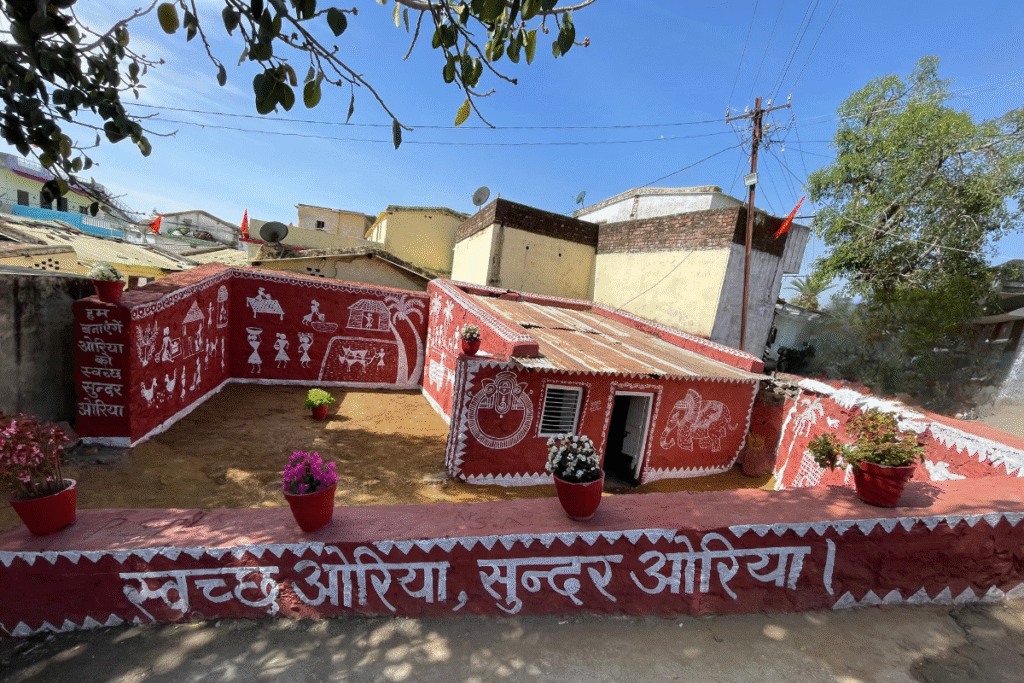
Clean Village
The initiative focuses on transforming the dirtiest spots in the village into attractive selfie points to foster a sense of pride among residents. It includes regular street cleaning, raising awareness about waste segregation, distributing dustbins, and organizing beautification drives featuring local art and inspirational slogans. Additionally, efforts will be made towards achieving ODF+ (Open Defecation Free Plus) status for the Panchayat.
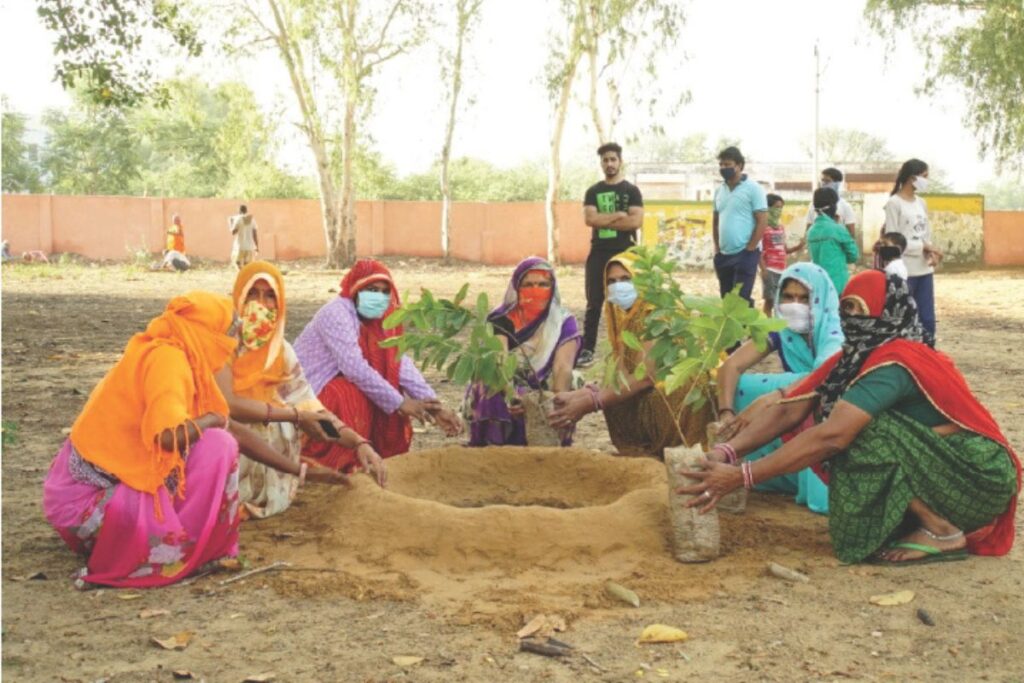
Green Villages
Plantation drives will be conducted from time to time, including tree planting in public places. Fruit and medicinal plants will be distributed to farmers to provide financial support. The program also emphasizes the creation of seed banks and individual village nurseries, alongside training villagers in compost making to promote sustainable agricultural practices.
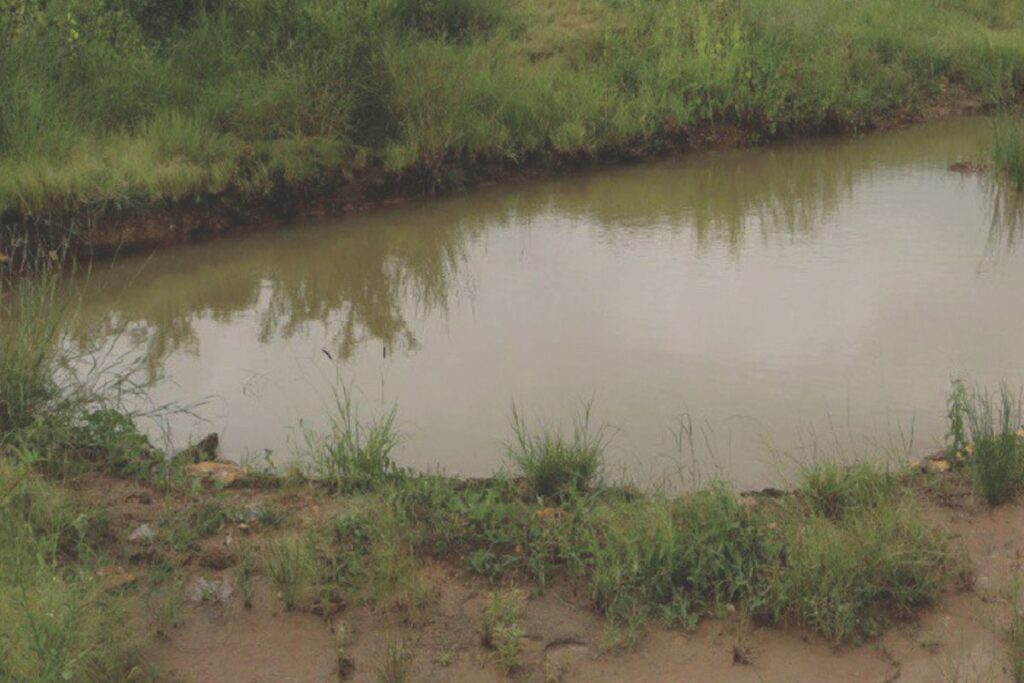
Water Conservation
Efforts will be made to achieve water-sufficient villages through initiatives such as the construction of magic soak pits for greywater management, installation of rooftop rainwater harvesting systems, and preparation of ponds, swales, trenches, etc.,. Furthermore, the introduction of micro-irrigation systems in agriculture will be encouraged to optimize water use.
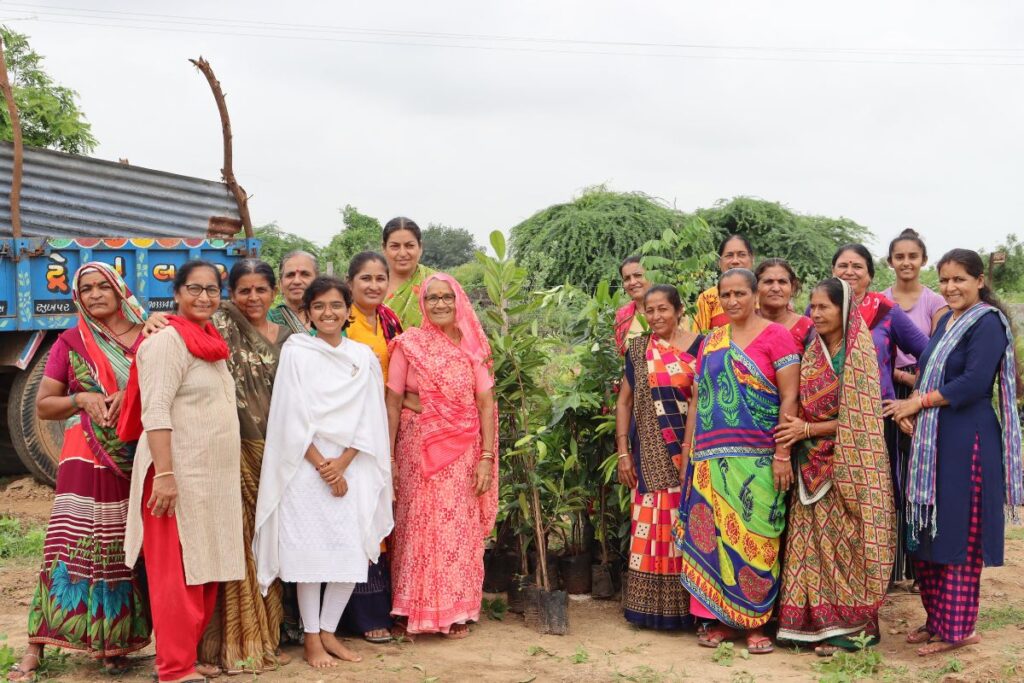
Creating a Women-Friendly Environment
To empower women, the formation of Self-Help Groups (SHGs) will be supported, alongside skill training programs in weaving, stitching, and kitchen garden preparation. Training will also be provided on making various food preparations. A Women’s Panchayat will be established to ensure active participation of women in decision-making processes.

Creating a Children-Friendly Environment
Children’s well-being and development will be promoted through the establishment of Bal Panchayats, Eco Clubs, and Youth Clubs. Play-based learning activities and value education programs will be introduced. Digital classrooms will be made available, and efforts will be made to ensure the presence of toilets and recreational areas within educational institutions, along with the development of Anganwadi facilities.
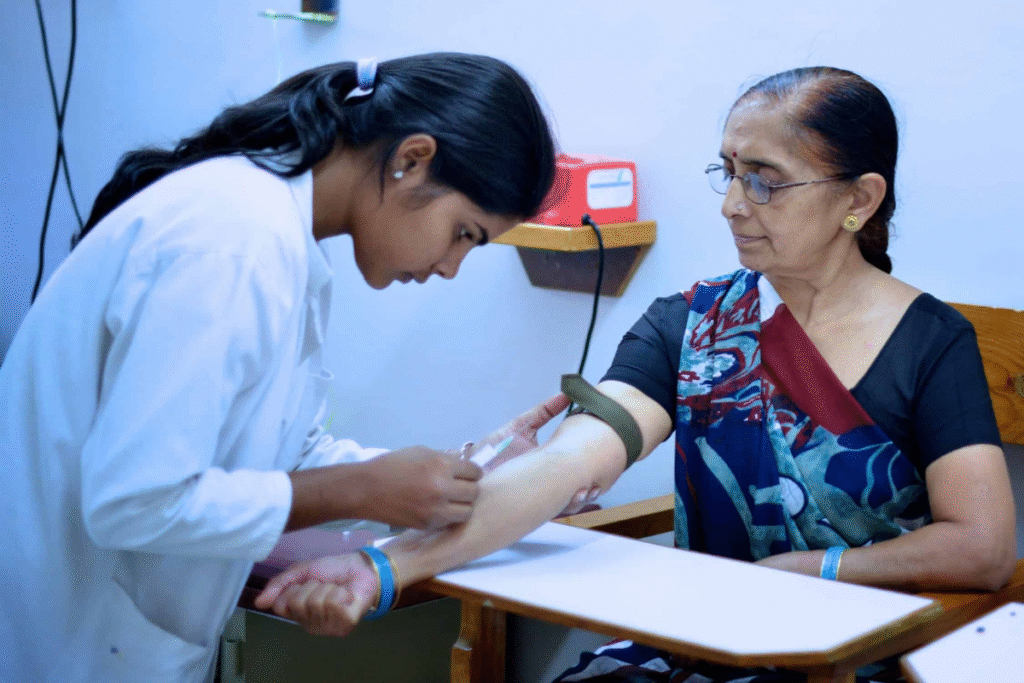
Healthy Villages
Holistic health initiatives are designed which includes yoga and meditation programs for villagers. Health camps and blood donation camps will be organized regularly. Villagers will be linked to various government health schemes, and nutrition garden training programs (Yogic Grih Vatika) will be introduced to promote healthy eating habits.
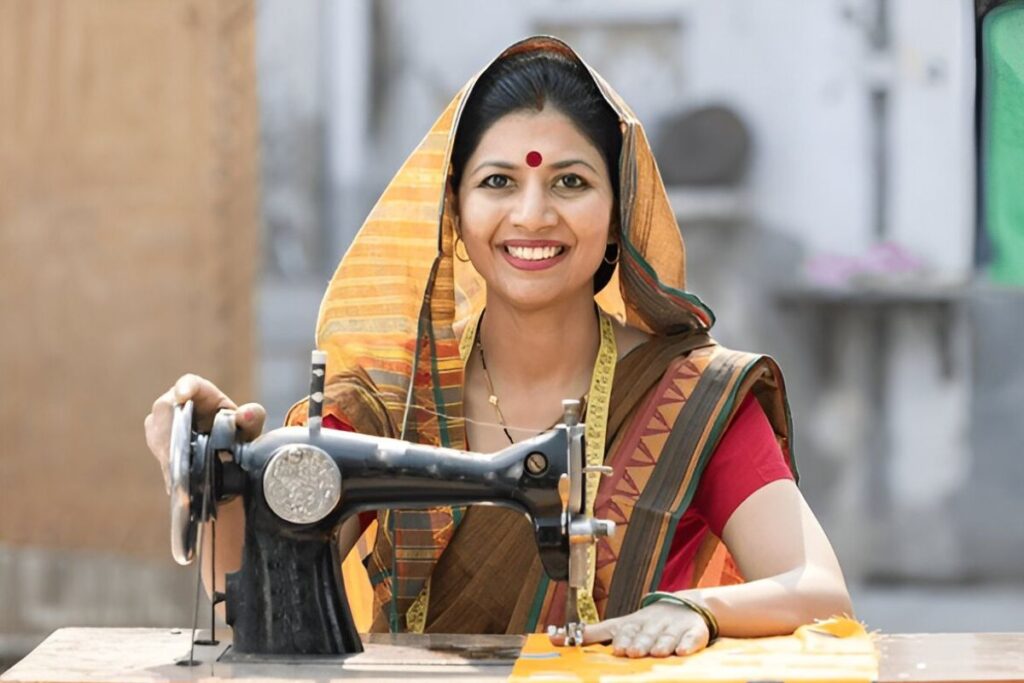
Poverty Elimination and Skill Training
Training programs on Natural Yogic Farming will be conducted, along with initiatives to promote horticulture, Farmers Producer Organizations (FPOs), and traditional arts. Efforts will be made to create market linkages and add value to farm produce. Capacity-building programs will be initiated, and effective implementation of MGNREGA (Mahatma Gandhi National Rural Employment Guarantee Act) will be prioritized to create sustainable employment opportunities.
Core Intervention
Spiritual Empowerment as the Foundation
The core intervention of the Agriculture & Rural Development Wing of the Brahma Kumaris focuses on spiritual empowerment as the catalyst for individual and community transformation. By integrating Rajyoga Meditation and values-based education into the program, the Brahma Kumaris aim to foster

Inner Transformation
Cultivating self-awareness, self-esteem, and a sense of purpose among individuals.

Community Cohesion
Promoting values of cooperation, compassion, and selfless service to strengthen social bonds within villages.

Value-Driven Leadership
Empowering individuals to take ownership of their communities and drive positive change based on ethical principles.
Furthermore, the Agriculture & Rural Development Wing aims to share its knowledge and experience in regenerative and natural farming, yogic kheti, and other agricultural practices to create models of excellence across Indian villages.
Plan for 5 Pilot Districts Replicating the BK Approach
To ensure effective implementation and demonstrate impact, the initiative will commence with a pilot program across five districts, strategically selected based on the following criteria
Already identified as a pilot "Raj Rishi GOKUL Village," Jahota serves as an ideal starting point due to existing infrastructure and strong community engagement.
A potential pilot project; Abu’s proximity to the BK facilities at Mount Abu, along with existing initiatives, will facilitate logistical ease and resource allocation.
Mehsana’s location in Gujarat and the availability of BK teacher sisters to initiate engagement, along with its reputation for successful development initiatives, could create opportunities for collaboration and knowledge sharing.
Ongoing multi-dimensional BK service activities are already in progress, and there is capacity to support new engagements. Further assessment can be carried out to finalize the scope.
A fifth district facing significant water scarcity will be selected to implement and showcase water conservation and management strategies as integral components of the program.

Quick Links
Contact Us
- +91 75975 46732
- ruralwing@bkivv.org
- Brahma Kumaris, Pandav Bhawan, Mount Abu - 307501
©2024. All rights reserves by Agriculture & Rural Development Wing of Rajyoga Education and Research Foundation of Brahma Kumaris.
